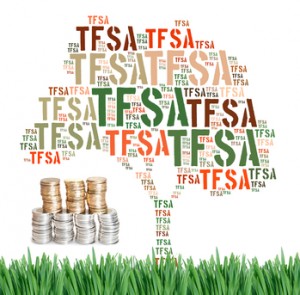 An interesting gambit for scoring cheaper airline flights was revealed in this week’s Economist. The short item titled Phantom Fights exposes two methods of exploiting anomalies in the air ticketing system in the U.S. market.
An interesting gambit for scoring cheaper airline flights was revealed in this week’s Economist. The short item titled Phantom Fights exposes two methods of exploiting anomalies in the air ticketing system in the U.S. market.
The first is to use a web site called Skiplagged that hunts for so-called “hidden-city tickets.”
The second is a ruse called “fuel-dumping” by which traveller add extra flights to their itineraries that they don’t actually intend to take.
Both gambits have been relatively little-known, according to the article, were it not for the unintended consequence of a lawsuit against Skiplagged’s 22 year old founder. As the newspaper notes, “there are few better ways to draw attention to something than trying to have information about it taken down from the Internet.”





